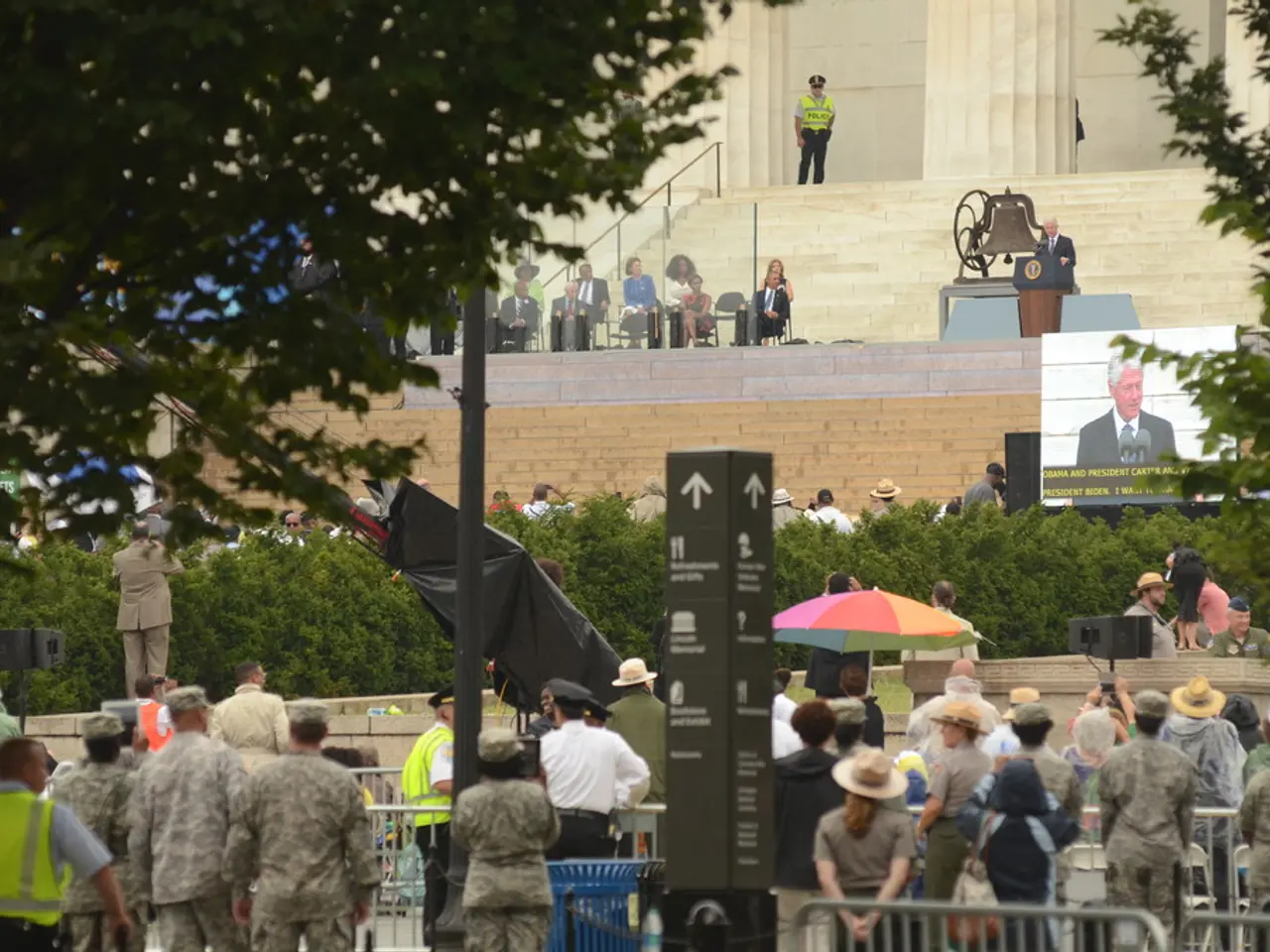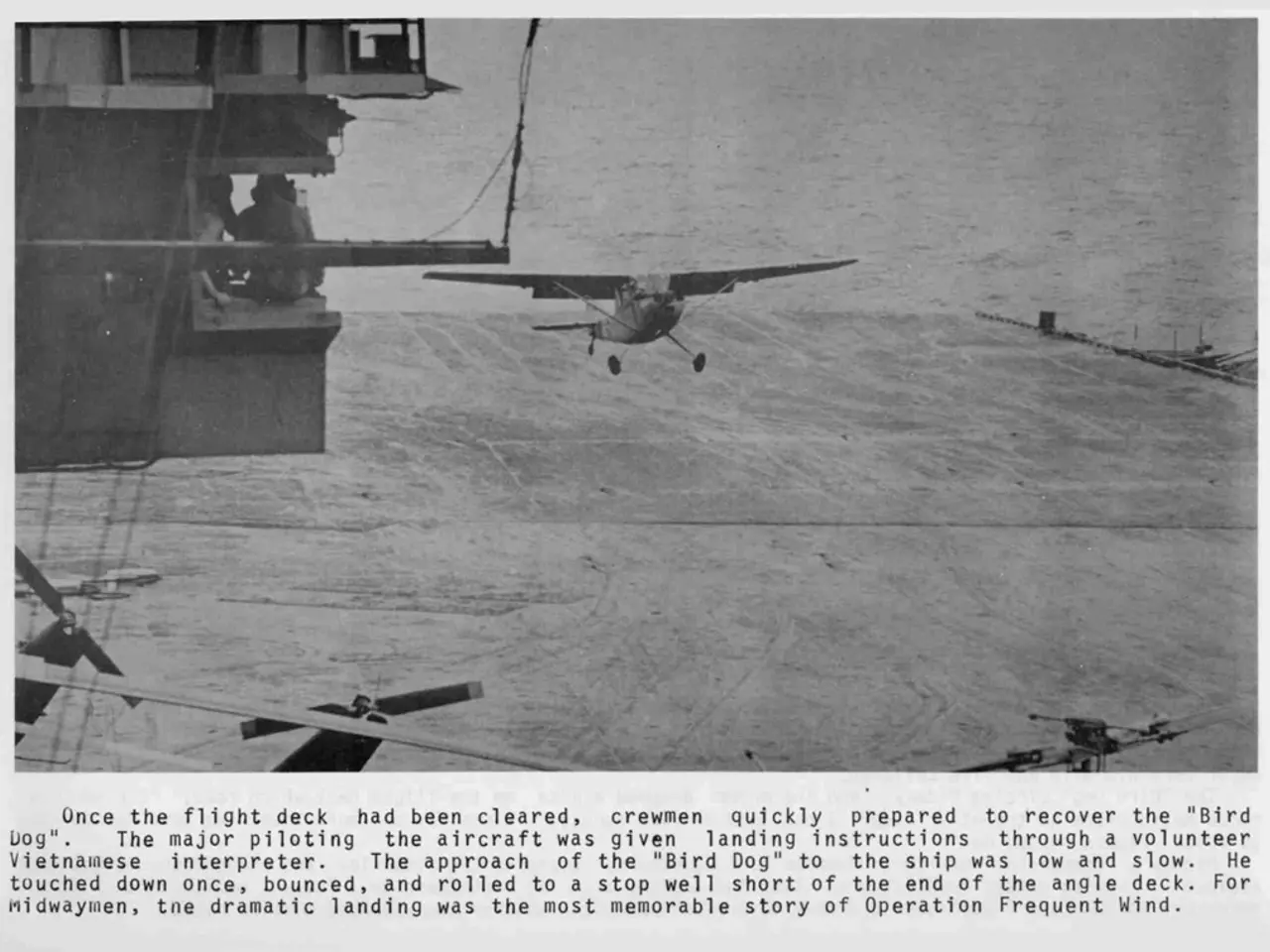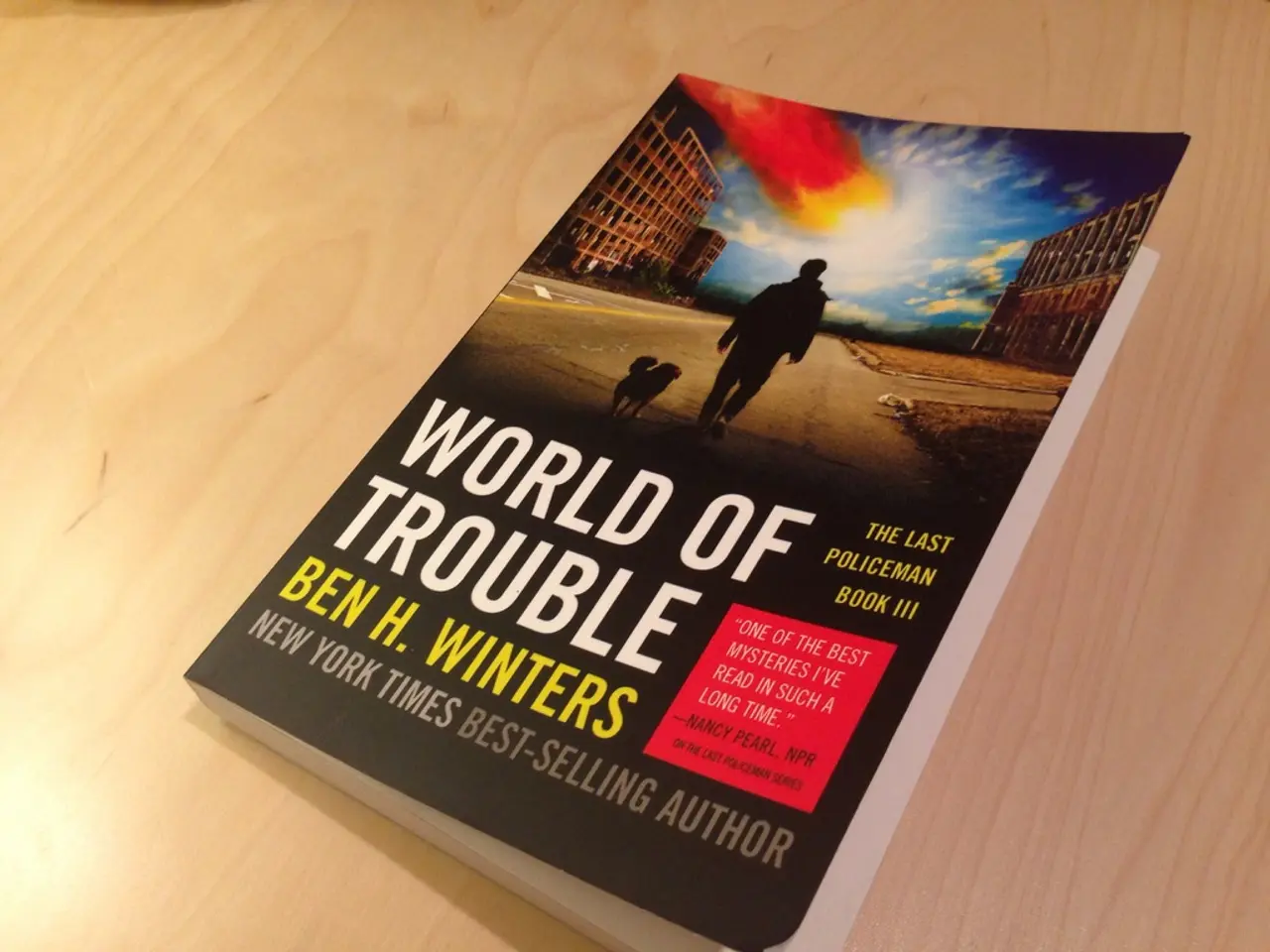A Nuclear-Armed Iran: A Threat to Europe's Peace?
"Europe faces significant peril if Iran becomes a nuclear power"
The world is watching as negotiations between the EU and Iran over Iran's nuclear program unfold. Middle East expert Stephan Stetter believes that while diplomacy is the key, relying on the current U.S. president for effective talks might be necessary. He gives his insights on the possible outcomes if Israel decides to intervene militarily and what the consequences might be for Europe.
Military Intervention and Regime Change
Is military intervention alone capable of toppling the Iranian regime? Stephan Stetter has his doubts. Indeed, Israel is launching airstrikes on Iran, and there are whispers of Mossad operations on Iranian soil. However, the expert says that a regime change without external ground troops is unlikely unless one of two scenarios occurs.
Either the Iranian public, disgruntled with their government, rises up and successfully overthrows the regime, or the Iranian military, feeling its interests threatened, turns against the mullahs and establishes a military government. The Iranian military could shed the mullahs' ideology, but only if the pressure is so intense that it feels it has no other choice due to American attacks. Neither scenario currently seems likely, though.
Iranian Public Opinion and the Israeli-Iranian Conflict
Support for Iran's state doctrine calling for Israel's destruction is relatively small. Historically, there has been no political opposition to Israel in Iran, unlike in many other Arab states. But Israeli attacks could change the public sentiment. The Iranians fear war and are fleeing in massive numbers from the areas being targeted.
These attacks may create hostility that wasn't there before, but historically, there have been ties between Israel and Iran. Israel's operations in Iran would not be possible without the help of Iranian informants, a resource that should be cultivated and expanded.
Democratic Opposition and Political Fragmentation
There are definitely democratic groups with aspirations in Iran, but the regime should not be underestimated. Iran is a complex country with a history of aggression in both its domestic and foreign policies. Democracy movements have been brutally suppressed, and any authoritarian regime can suddenly collapse. No one knows for sure if this will happen in Iran.
Trump's Announcement: A Bluff or Real Uncertainty?
Trump has announced a two-week consideration period before deciding whether the U.S. will enter the war. Will the U.S. need Israel's help to destroy the uranium enrichment facility? The U.S. is hesitating, possibly lulling the Iranians into a false sense of security while planning a sneak attack. Alternatively, Trump may be uncertain about the course of action to take in the face of opposing views within the Republican Party.
Meanwhile, diplomatic channels are still open, with reports of potential negotiations between the U.S. special envoy Steve Witkoff and the Iranians. However, it seems the U.S. has outsourced diplomatic efforts to the Europeans, indicating that diplomatic negotiations are not a priority for the U.S. at present.
Europe and the Iran Conflict
As Europeans, we are directly affected by the conflict on multiple levels. A nuclear-armed Iran, allied with Russia and possessing ballistic missiles, would pose a significant threat to Europe. The instability in the Middle East caused by Iran is also causing political extremism, refugee movements, and complicating diplomatic relations.
Current European Negotiations
Currently, Europeans are talking with Iranian Foreign Minister Abbas Araghtchi about the nuclear program, with German Foreign Minister Johann Wadephul present. However, the EU's means are limited since relations with the U.S. have been strained since Trump took office. Under Obama, technical restrictions, and control mechanisms were put in place to prevent Iran from developing nuclear weapons, but it seems that the transatlantic relationship is no longer as strong.
The Prospects for a Solution
The EU can try to influence Trump to participate in negotiations with Iran, but without the military might of the U.S., the Europeans have limited options. Diplomacy is the only way to resolve the crisis, but many uncertainties remain. As we watch events unfold, it is crucial that the world stays vigilant and works towards a peaceful and diplomatic resolution.
- Stephan Stetter raises concerns that the current U.S. President's involvement could be essential for effective negotiations with Iran, given the ongoing nuclear program dispute.
- In the event of an Israeli military intervention, hostility towards Israel could potentially increase among the Iranian public, which historically has shown minimal support for calls for Israel's destruction, thereby complicating Europe's relations and compromise peace.





